Prime yourself for peak performance by knowing when and how much to fuel in your training and racing.
Prime yourself for peak performance by knowing when and how much to fuel in your training and racing.
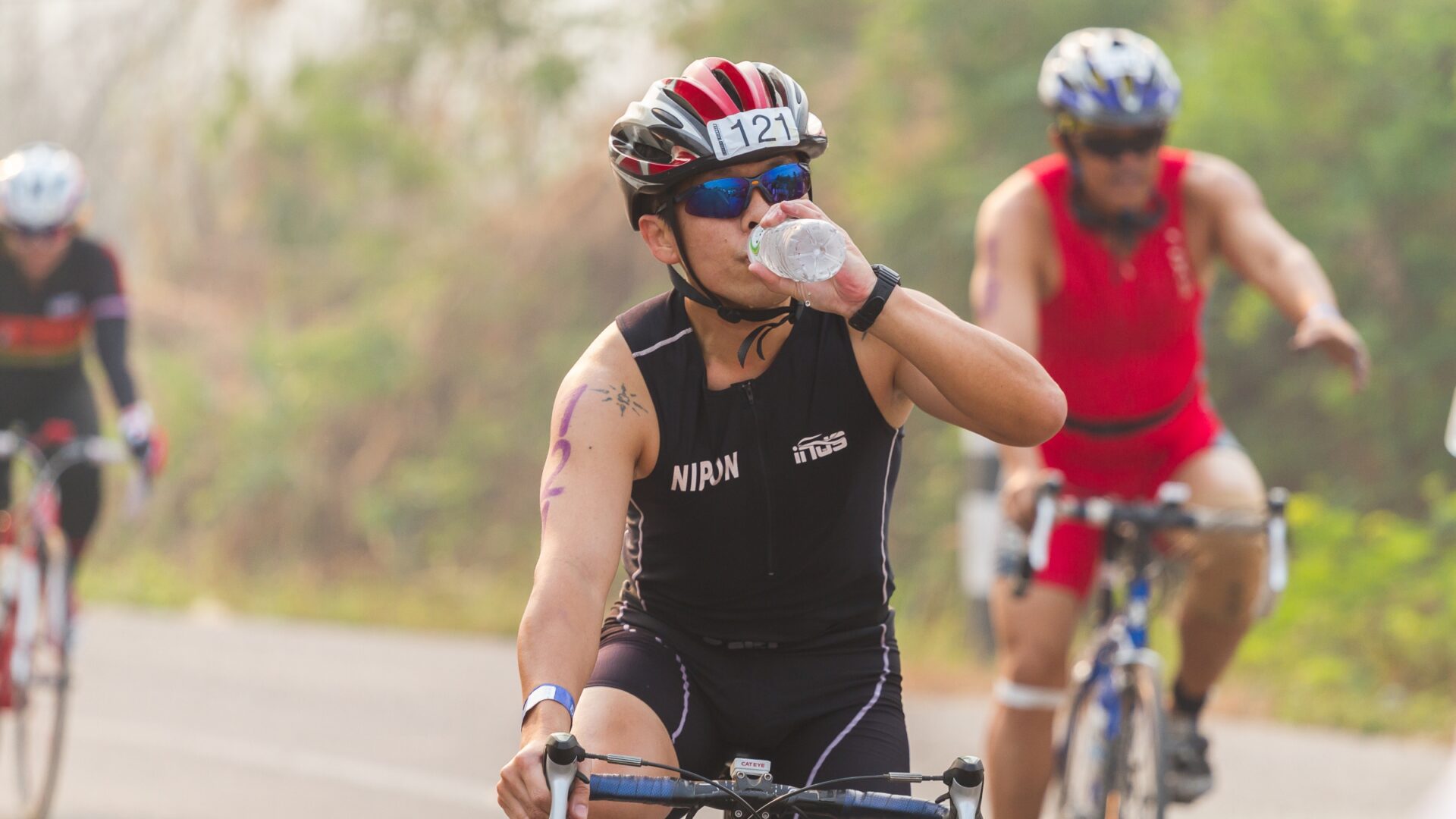
Prime yourself for peak performance by knowing when and how much to fuel in your training and racing.

Prime yourself for peak performance by knowing when and how much to fuel in your training and racing.
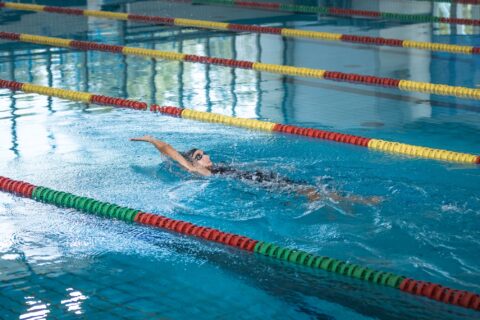
Keep your swim fitness up to speed with a regular maintenance session for off season.
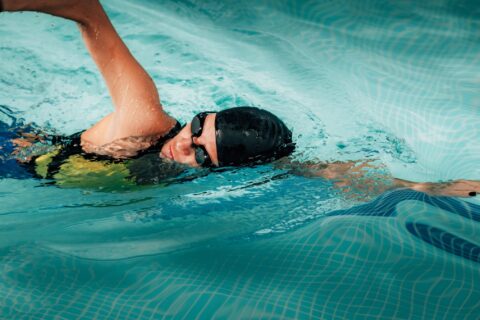
Be ready for your Iron-distance swim with a 2.4-mile workout broken up into sets.
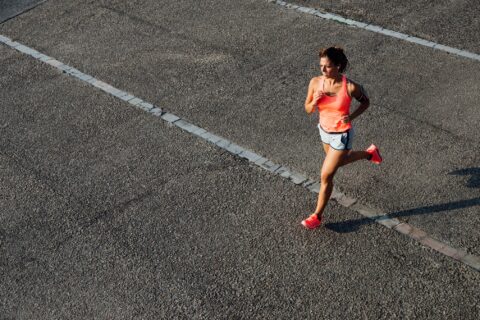
Olympic triathlete Matt Sharpe has given us a long run workout that’s perfect for building endurance in the last leg of a half-iron distance triathlon.
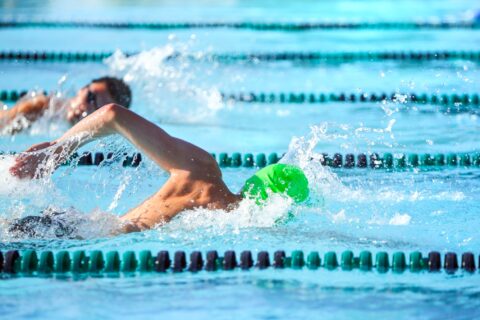
This is a great swim workout that helps athletes become comfortable swimming at different speeds.